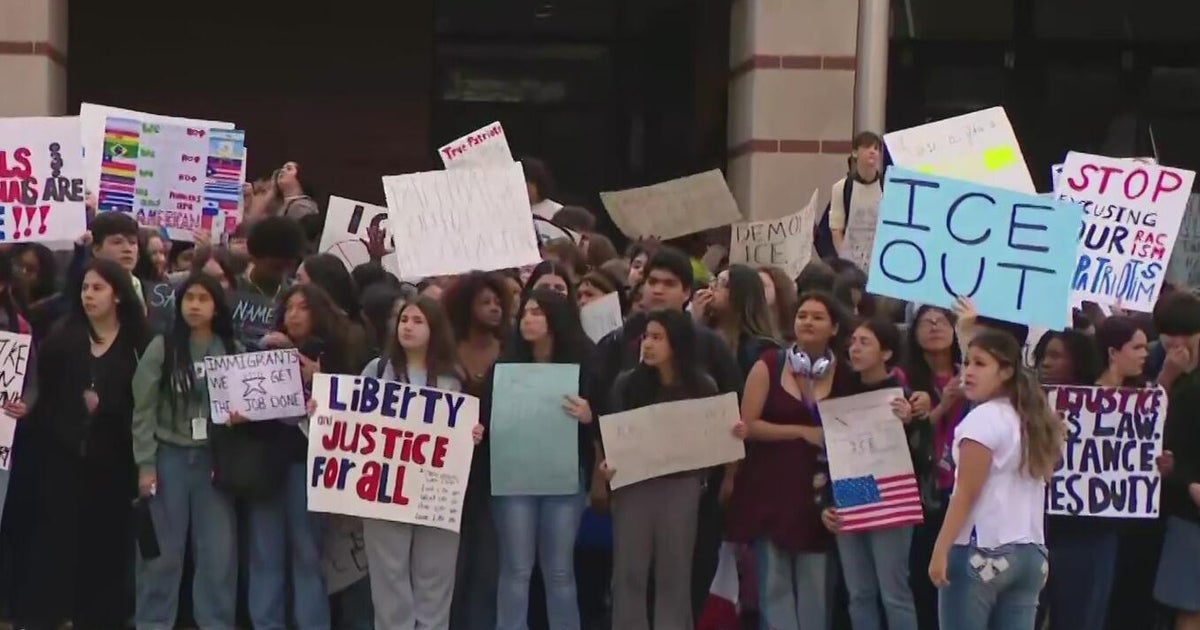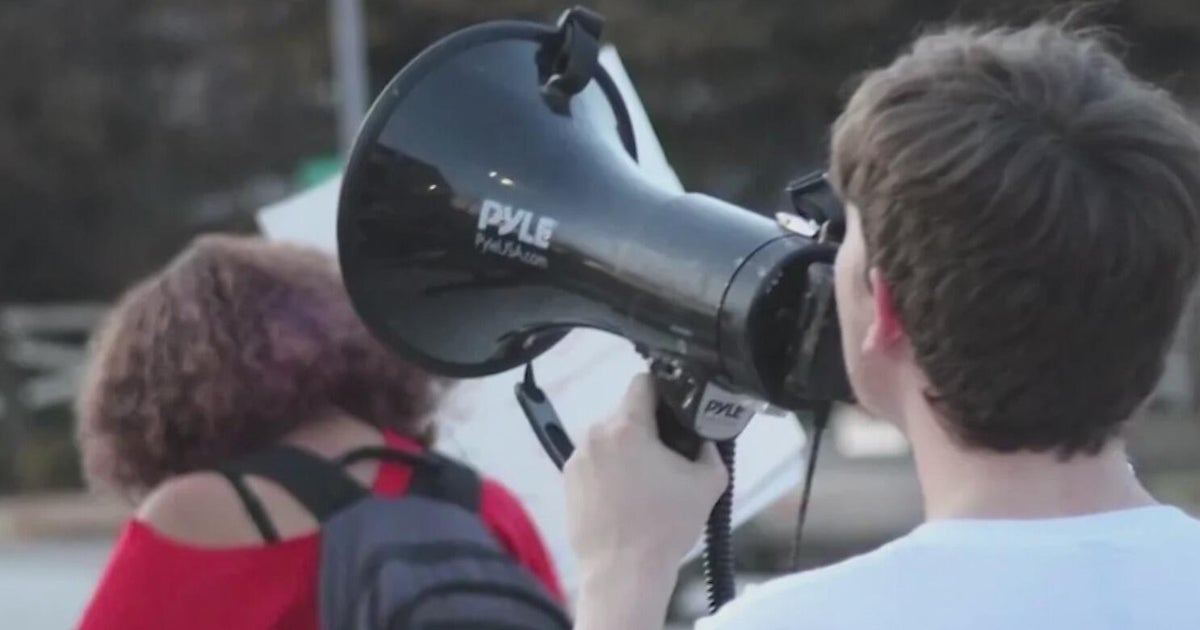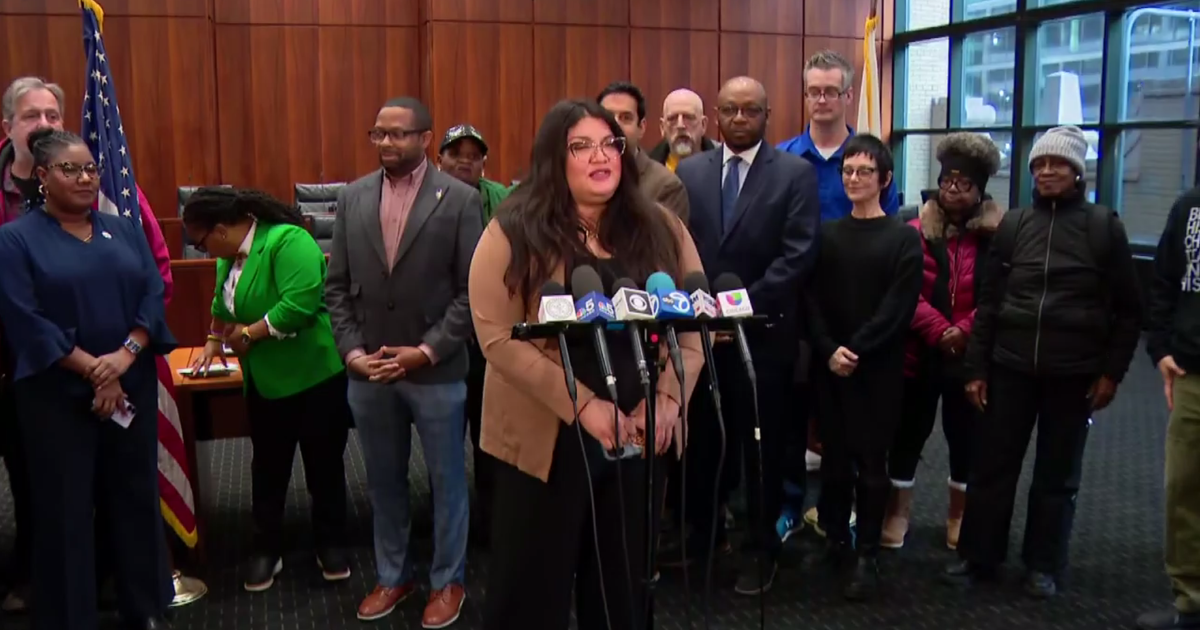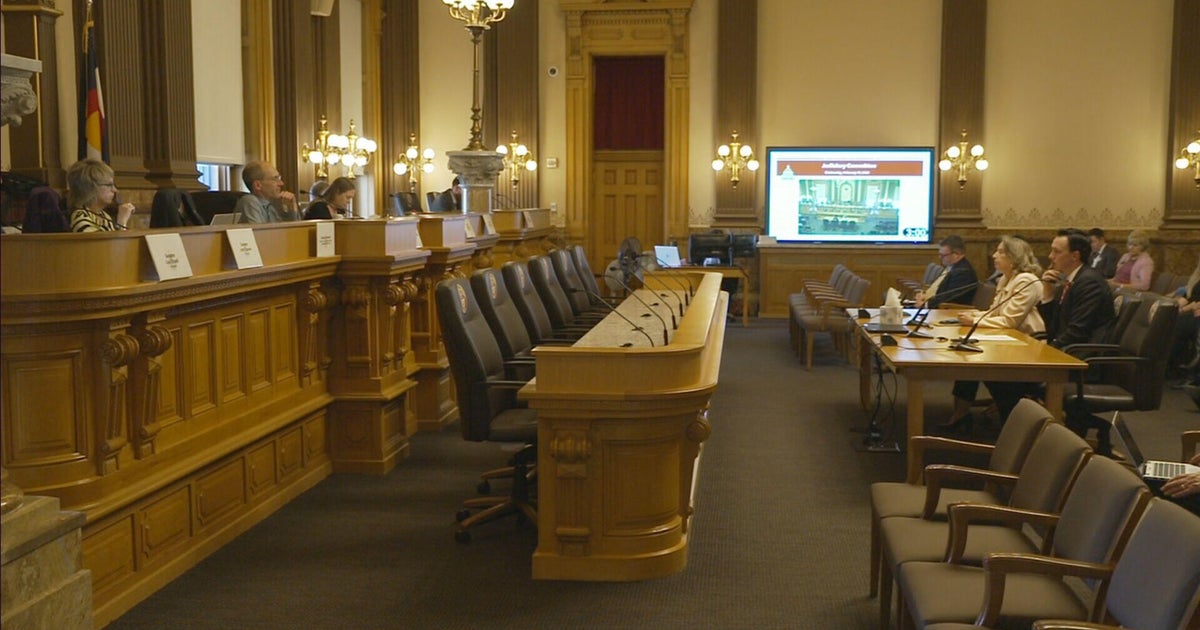Texas House Committee Passes Virtual Learning Bill To Full Chamber
AUSTIN, Texas (CBSDFW.COM) - School districts across Texas are one step closer to being able to offer virtual learning for some students this year, without suffering a loss in funding as they do now.
The Texas House Public Education Committee passed Senate Bill 15 Tuesday, August 24, and sent it to the full House for consideration.
The State Senate passed the measure overwhelmingly earlier this month.
Right now, school districts and others that offer online learning for kindergarten through sixth grade students don't get full funding and must make up the cost difference themselves.
This bill would change that.
Because of the rapidly spreading delta variant of Covid-19, parents have asked school districts to provide virtual or online learning.
At the Texas Capitol Tuesday, the Commissioner of the Texas Education Agency, Mike Morath, told lawmakers he couldn't authorize this himself, and that they could do so by approving the legislation.
"Parental demand for off-campus instructional arrangements for health reasons as opposed to educational reasons is growing."
To qualify for virtual learning, the students would need to have a grade average of a "C" or better, would had to have passed STAAR tests, and had a 90% attendance rate the year before.
During the hearing, Dallas ISD Superintendent Dr. Michael Hinojosa gave most of the provisions of the bill the thumbs up. "I am in support of Senate Bill 15."
But he expressed concern about two parts of the bill.
They include the provision that ends the program in 2023 and another that doesn't allow teachers to be coerced into teaching the virtual courses.
They have to agree to it.
Hinojosa said, "You're setting a very dangerous precedent. Two years ago, I had a tornado, then we had the pandemic, and then we had the snow maggedden, now we have this variant and if I did not have the flexibility to do what I have to do, how could I run the school district?"
The TEA Commissioner told lawmakers that students in school fared better than those who learned virtually last year.
For districts in which 25% of the students or less were in person, the students had a 31% decline in math proficiency and a seven percent decline in reading proficiency.
But districts in which 75% of the students or more were in person showed only a nine percent decline in math proficiency and almost no decline in reading proficiency.
Morath said, "So we've lost roughly about a decade's worth of academic gain, charitably, and potentially, more than a decade's worth of academic gain."
A state lawmaker noted Tuesday that Frisco ISD students who learned virtually last year actually did better on state tests than those who were in school.
The bill caps districts to offering virtual courses to just ten percent of their population.
Frisco is already past that.
Commissioner Morath though said under the bill, he would have the authority to waive that cap.







